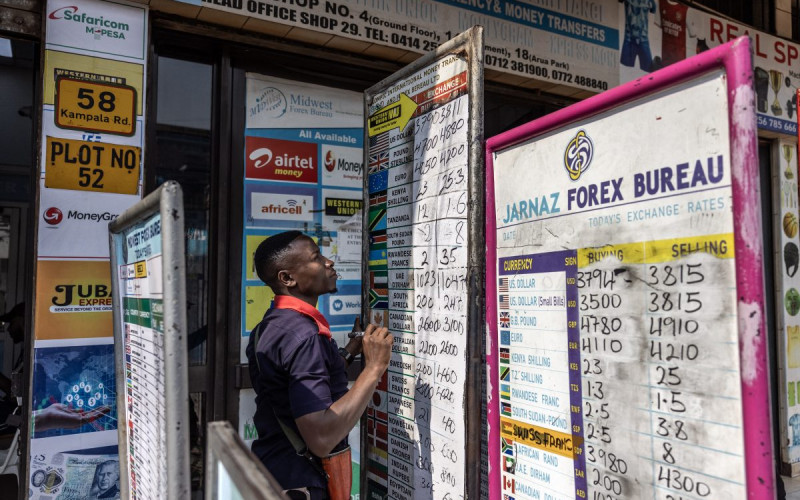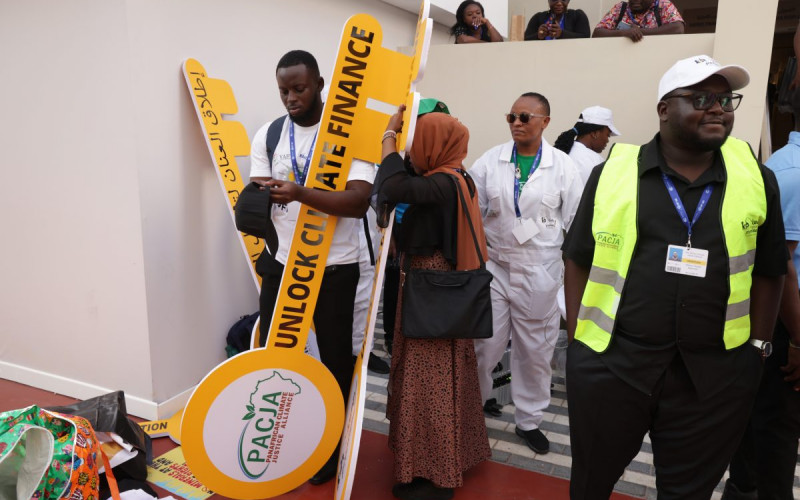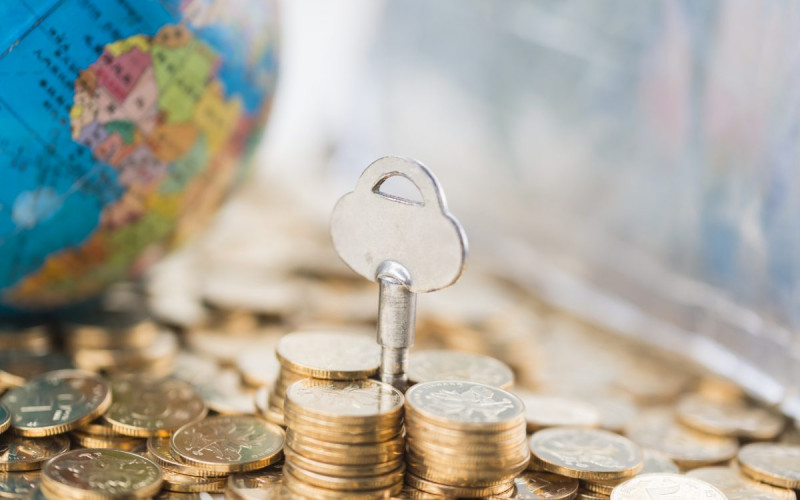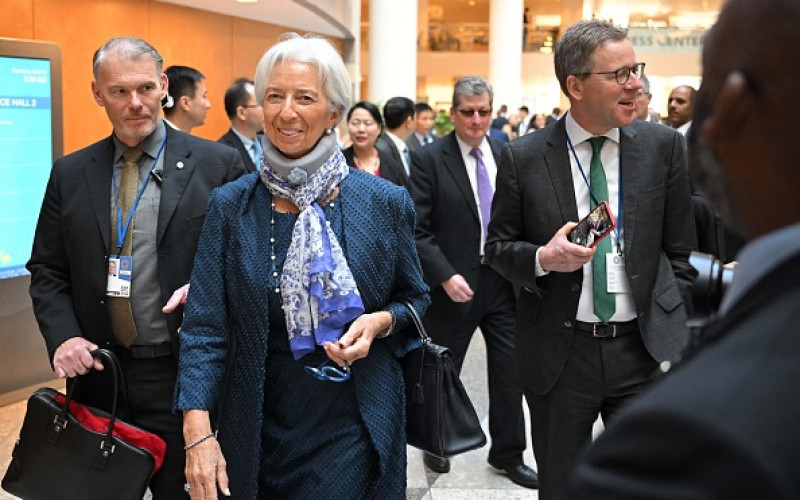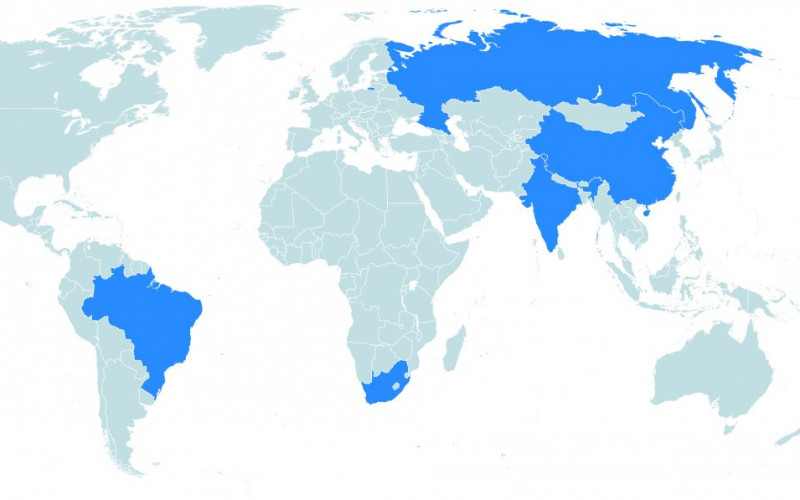The paper concludes with a gender mainstreaming toolkit with practical steps for donors, policymakers and the private sector to include women in the RE value chain over the short, medium and long term. While South Africa and Rwanda have made some progress towards gender equality, in order to improve and comprehensively address gender mainstreaming in the energy sector both countries need to consider further measures specific to their contextual challenges, as identified in the respective case studies.
- There is a disconnect between policy formulation and implementation in South Africa and Rwanda, reflected by the insufficient evaluation of projects and government policies.
- Despite a stronger focus from development finance institutions, donors and government actors since 2001, gender mainstreaming efforts do not sufficiently address the inclusion of women in the energy value chain. Both countries face challenges in implementing gender mainstreaming at every stage of the project cycle. One reason for this is that many of the private sector representatives interviewed (often the implementers of RE projects) do not see the value of adopting a gender-inclusive approach to energy infrastructure development.
- For women-owned businesses, access to finance is an ongoing restraint. Although the Facility for Investment in Renewable Small Transactions (FIRST) fund is a critical step forward in terms of making financing more accessible and diversifying the industry for newer entrants, it does not have the specific mandate to provide funding to women-led businesses. Nevertheless, FIRST is an important collaboration between private (Rand Merchant Bank) and public (KfW Bank) funders.
- While it was essential to facilitate foreign participation and expertise to kickstart the RE industry in South Africa, policymakers need to consider how programme requirements can be better utilised in future to further skills transfer and encourage the meaningful participation of women.
- One of the avenues to support greater gender inclusivity in the energy value chain is through women-owned vendors’ providing the necessary input services and technical expertise in the energy value chain.
- Finally, ensuring that women are able to participate fully in RE from a technical and management vantage point requires a comprehensive approach to educational opportunities in science, technology, engineering and maths (STEM) degrees. Limited access to STEM education from secondary to tertiary level for women in Rwanda and South Africa may be contributing to the low number of women entering the sector and requires attention in both countries.
The gender toolkit provides a three-tier approach to gender mainstreaming in the energy sector, based on the challenges identified. The first tier addresses challenges of political mandate, insufficient financial mechanisms for women-owned businesses, project design requirements and monitoring and evaluation. The second tier addresses the need for an educational trust fund and increased support for STEM educational bursaries for young women, job creation and enterprise development. The third tier addresses broad-based female engagement in the energy value chain through the creation of industry bodies and the collaboration of industry actors.


